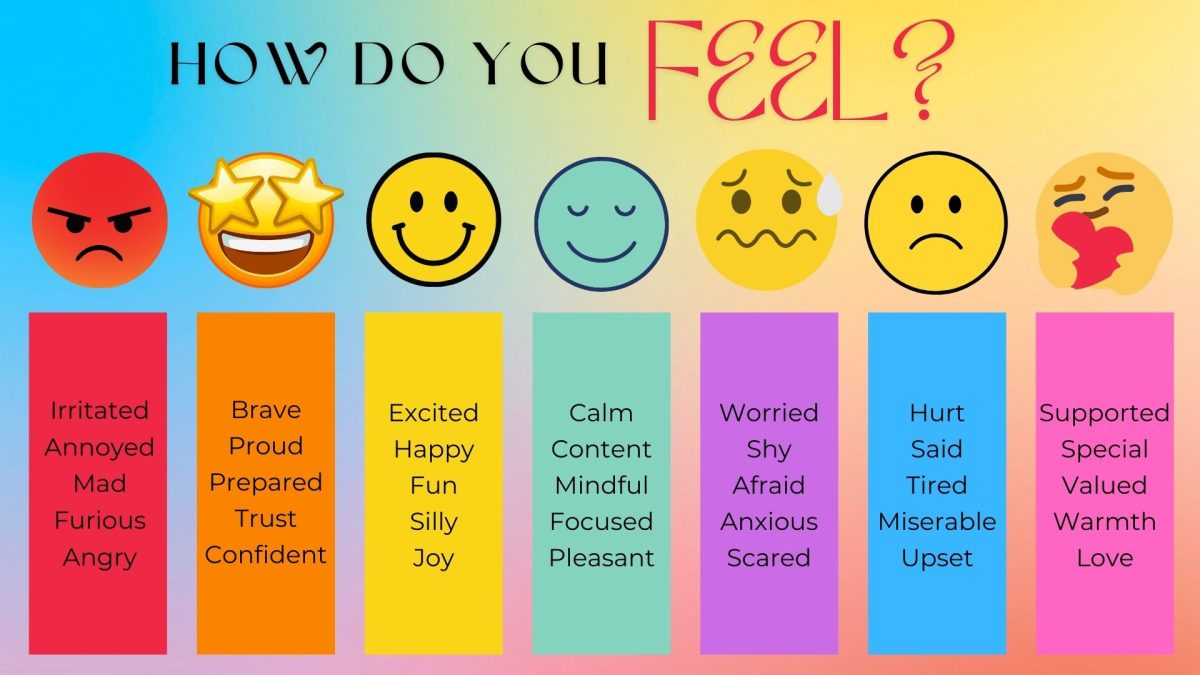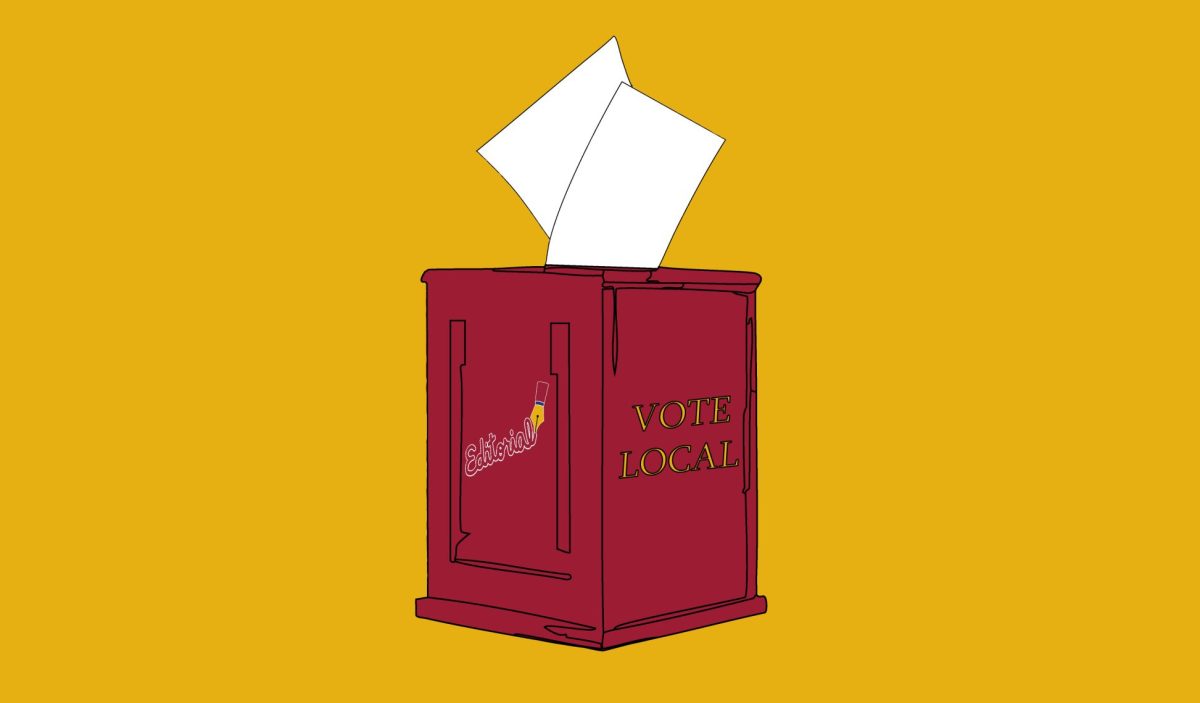Twitter is capable of many things. But is it destined to be the downfall of the English language as we know it?
Twitter is becoming an essential communications tool, and thanks in part to the Millennial Generation’s fascination with it, the social network is changing the world.
Instead of being able to write as many words they’d like, users are given a 140-character limitation. Even though Twitter is an efficient way to communicate, it is ruining our generation’s grasp of language and grammar.
Twitter users have found numerous ways to communicate within the 140-word limit, including liberal use of acronyms such as, ROTFL (rolling on the floor laughing), HMU (hit me up) and SMH (shaking my head).
With this new language use, many kids and young adults don’t use proper English. Of course most people don’t really use “proper” English in casual conversation, but it is useful for job interviews, cover letters and resumes.
Many people don’t know the difference between your and you’re, or when it’s appropriate to use acronyms in written communication.
This may not seem like a big deal, until your resume ends up in the trash bin because the hiring manager can’t believe a prospective employee actually thinks it’s appropriate to use LOL and HMU in a cover letter. Acronyms are even finding their way into normal conversations, especially “OMG.”
It doesn’t end there. People are starting to say “hashtag” before starting their sentences. Seriously.
Twitter is a vital new source of communication. It’s great that many people have found creative ways to communicate in 140 words or less, but leave the Twitter talk to social media, and leave it out of everyday conversations and formal written communication.








